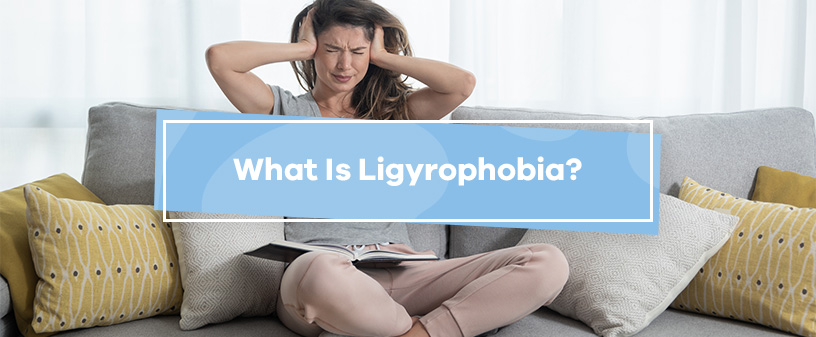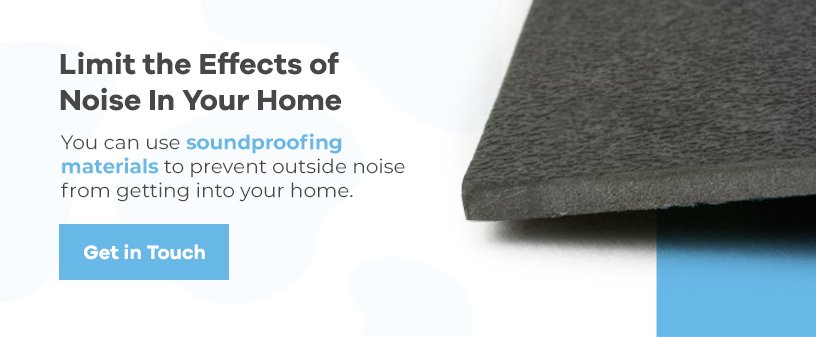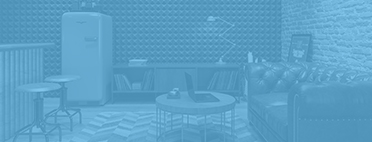
Ligyrophobia — sometimes called phonophobia, sonophobia or acousticophobia — is the fear of loud noises. The term comes from the Greek word for “sharp,” like a piercing sound. While ligyrophobia is rare, it can be highly disruptive to those who experience it. Symptoms differ from case to case, but those with ligyrophobia may experience or display:
- Nausea, fainting and sweating from exposure to loud noise.
- The desire to flee from loud rooms.
- Avoidance behaviors pertaining to loud events, activities and places.
- Restlessness in noisy environments.
- Panic attacks in loud situations.
What Causes Ligyrophobia?
Awareness of sounds and loud noises is naturally instilled in humans. Ancient humans needed to stay alert for dangerous predators and situations, many of which would coincide with loud noises. Fleeing from a sudden loud noise is a natural reaction, especially in children. Children have more difficulty controlling their emotions and their ears are naturally more sensitive than adults.
While anxiety about loud noises usually passes with time, a traumatic experience with loud noise can solidify the fear. Adults with ligyrophobia may have another underlying condition. Arenal deficiency can cause irritability and other anxious behaviors. Hyperacusis causes normal sounds to seem unbearably loud and is linked to conditions like autism and post-traumatic stress disorder (PTSD).
Some individuals with ligyrophobia have specific triggers for their condition. A particular loud sound that they associate with a traumatic event can induce their anxiety.
What Are the Most Affective Ligyrophobia Remedies?
Treatment for ligyrophobia often revolves around the management of symptoms and behaviors. Doctors implement various types of therapy and medication for the condition:
- Cognitive behavioral therapy (CBT): Talking about the fear helps patients cope and perhaps change their perspective, so this type of therapy is often used for phobias.
- Anti-anxiety medication: Doctors use various types of medication to treat anxiety symptoms, including phobias. However, anti-anxiety medication is most effective alongside psychological treatment.
- Preventing triggering noises: If certain sounds set off your anxiety, you can take steps to soundproof your home and avoid those noises.
Limit the Effects of Noise In Your Home
One way to navigate ligyrophobia in your life is to prevent disruptive noises from breaching your walls. You can use soundproofing materials to prevent outside noise from getting into your home. For example. adding mass to your walls with mass-loaded vinyl will make it more difficult for sound to pass through.
Soundproof Cow has ways to stop noise from getting into your building and prevent interior noise from reverberating too much. Get in touch to discuss our soundproofing solutions or to request an acoustic analysis today!







